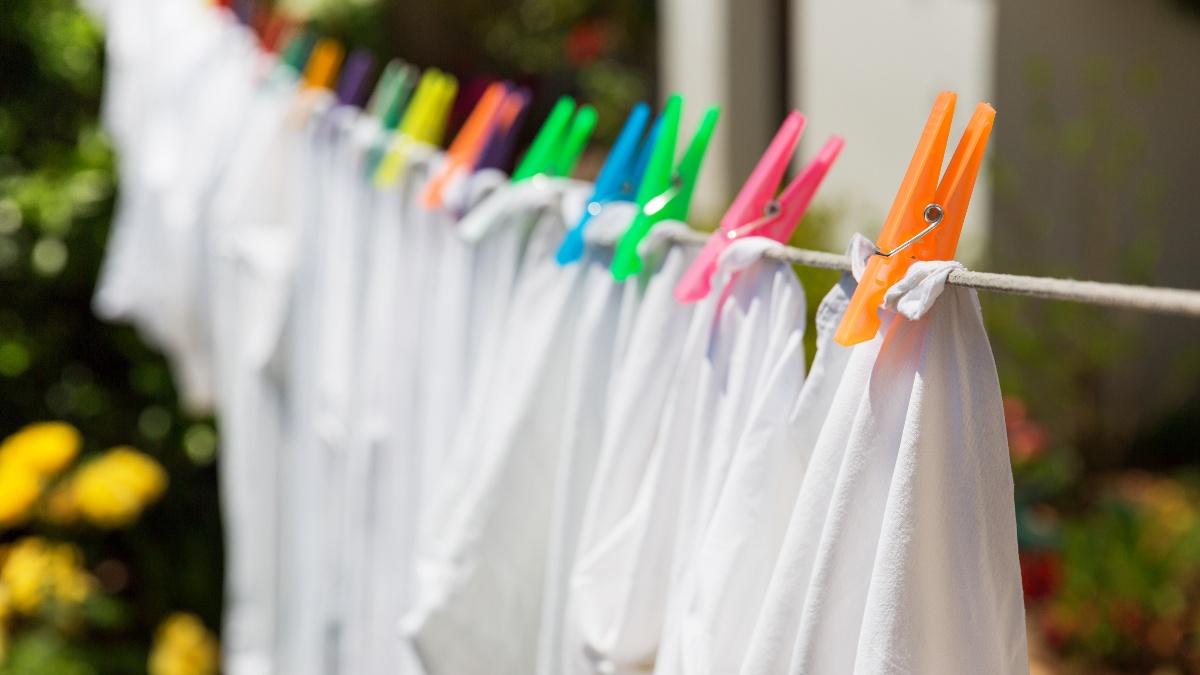
The cost of utilities seems to be continually rising, and for those of us trying to make ends meet and keep our families at the right temperature, that can be a scary thing. The good news is there’s actually a lot you can do to help lower your electricity bill and to make the deal even sweeter; many of these things are great for the environment as well.
The following will explore some of the ways you can save money on utilities while protecting the planet. Keep in mind that this list is just the starting point; once you see how easy it is to make tiny changes with a big impact, you’ll be searching for more and more ways to cut your electricity bill and support nature.
Stop Using Ghost Energy
This is going to sound crazy (because it is), but it is one of the most valuable lessons when it comes to electricity and electricity usage. A whopping 75% of the energy used by electronics in the home is being consumed while the devices are turned off. That’s right, even when your lamp is turned off, it’s sucking power out of your outlets. The simple solution to this expensive (and frustratingly absurd) situation is to unplug devices that aren’t in use. It might take a few days to get in the habit of unplugging an item, but once you get that next utility bill, you’re going to be quite happy with the few extra seconds it takes to unplug items.
Fix Leaky Faucets
In most homes, hot water usage is the second-largest utility expense, as hot water needs to be heated. A leaky faucet is slowly leeching from that system. Not to mention, that dripping sound is a little irritating, if not downright spooky.
Change Up Your Lightbulbs
You can save quite a bit of money by switching your lightbulbs to energy-efficient options. These bulbs are usually no more than a few dollars extra compared to the standard bulbs, and they use far less electricity to provide the same amount of light. You don’t need to go on a lightbulb replacing spree (though you’re more than welcome to); you can just replace bulbs as needed over a longer period of time.
Dyer Balls In The Winter; Line Dry In The Summer
The dryer is a massive energy suck. And it turns out it doesn’t have to be. In warmer and dryer months, hang the clothes out on a line. It’s incredibly inexpensive to get a clothesline going, and that just off the line fresh is far better than anything dried in a conventional dryer. If you live somewhere where it gets snowy and icy in the winter, or you have a prolonged rainy season, look into purchasing wool dryer balls. These items are very inexpensive and are simply tossed into a dryer load when you turn them on. Dryer balls prevent your laundry from clumping and sticking together (which makes it take longer for items to dry) but tumbling around and keeping layers separate. This allows the hot air to better circulate within your load of laundry, reducing drying time (and combatting wrinkles and preventing static).
Seek Out Energy Alternatives
Of course, maybe you’re ready for a bigger overhaul. Maybe you don’t like relying on the grid system or having to pay the grid system exorbitant prices for energy usage. An autonomous solar system is one of the best things you can do for the planet and your electricity bill. By providing yourself with your own clean energy, you’re no longer relying on less clean energy, and you no longer need to pay for as much (or any) utilities. To make this option even more enticing, it is common for utility companies to offer to buy your excess energy, meaning they could end up paying you. Of course, this option requires a bit more of an investment upfront, but it saves a lot more money later on down the road.
Clean Your Refrigerator Coils
Your fridge works hard to keep your food cool and fresh. Over time, however, the coils (on the back of the fridge) get clogged with dirt and dust, and other things. If you take the time to clean the condenser coils once every three months or so, your fridge won’t have to work so hard, and this will use less electricity and save you money. Sometimes this can quiet down your machine as well.
The above tips are, again, only the beginning. There are countless ways to cut utility costs in your home, and almost all of them are beneficial for the environment.




